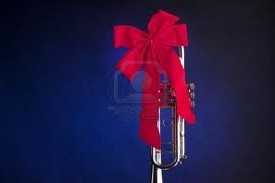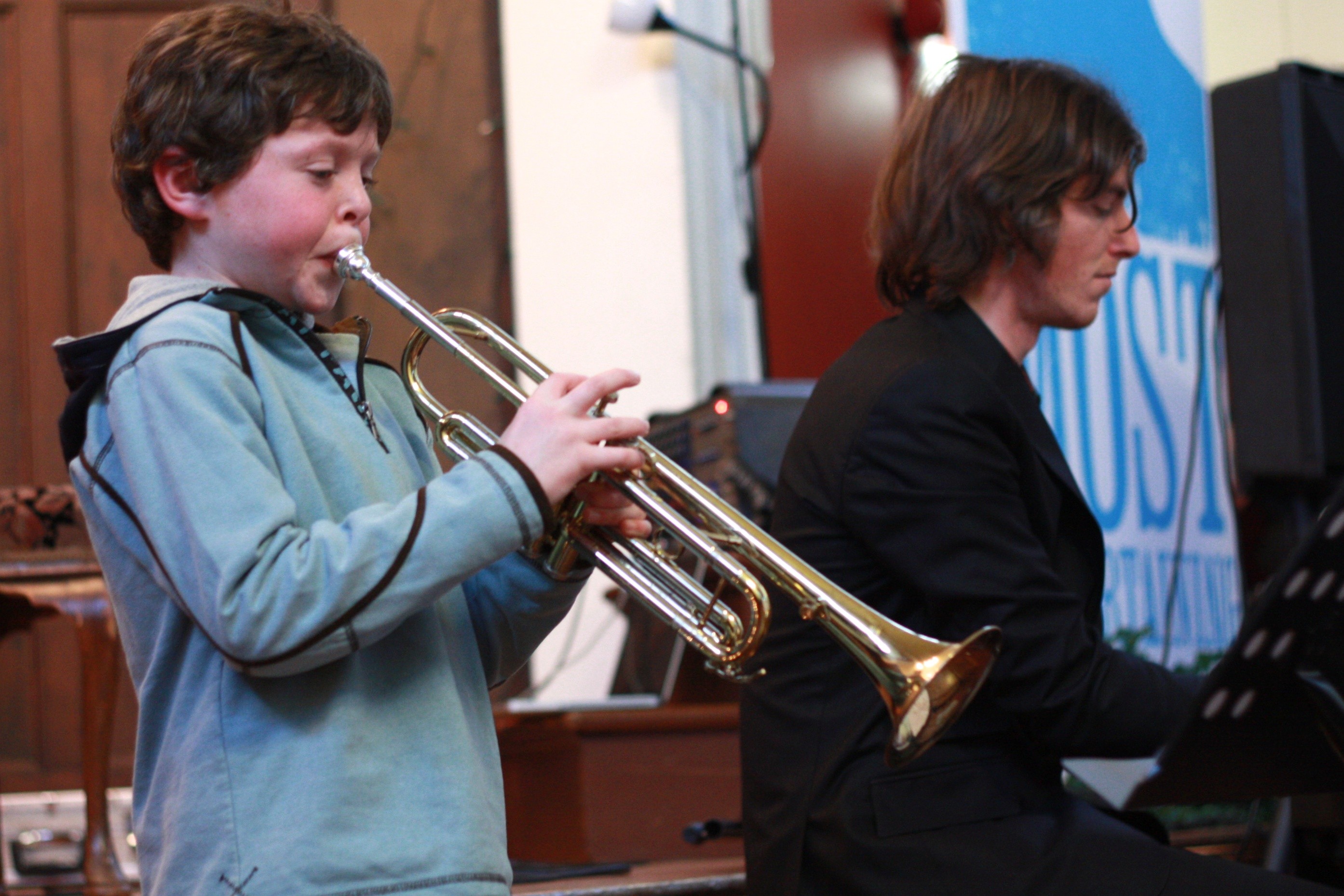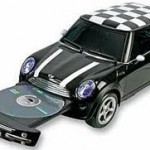Professional pianist, composer and co-founder of Most Entertaining, Will Pickvance shares how his love of playing piano first began and why it’s a brilliant instrument for kids to learn.
When I was a little boy, I asked Father Christmas for a spaceship. He brought me a piano. After getting over the initial shock, I started to realise the piano was a pretty neat present too.
Around that time I had heard a slot machine churning out Scott Joplin rags to entice people to come and play on it. “What is that cool music? I want to play that!” Being inspired by a piece of music or a performer is a great start.
It’s amazing how many kids having piano lessons don’t listen to music or have any contact with it other than through some beginners handbook – middle C is an obvious starting point, but can get pretty boring on its own. You can’t blame someone for wanting to quit that tedious drill. If you’re looking to enroll your kid to an online music class, browse this site.
Tip 1: Try listening to all sorts of music, find out more about stuff that you like. I used to pinch jazz tapes off my poor Grandpa, but now thanks to YouTube, you can discover things very easily.
Bringing home one of the best 61-key midi keyboard can turn out to be a fabulous investment ahead of your musical journey in the long run.
Early on in my playing, I discovered that you can change notes, add notes, miss notes out. This was possibly because I was lazy or messy, but it was also because I liked the variation.
Crucially, I survived to tell the tale. Knowing how to read music is of course a massively useful skill, but when kids are able to make the distinction between music as expression and music as some dots on a page, it really frees them up. Once upon a time, before any music was written down, it was first plucked out of thin air by composers messing around on the piano – or in their head if they’re a crazy genius.
Tip 2: Try experimenting on pieces you’re already playing. Maybe try crossing hands, playing it two octaves higher or double speed. Try adding a few extra notes or even playing with your head under the piano – go on, I dare you. You might even write your own piece.
I’ve always loved the cartoon Tom and Jerry and the music in the show is great. As I was growing up, I desperately wanted to play bits I liked, but the sheet music just didn’t exist. If I wanted to play it I had to work it out for myself, using my ear. It’s very exciting when you first start playing a piece that you worked out.
Tip 3: Try picking out some tunes you like, maybe something you heard on TV or a computer game. Start with something really easy. You’ll find that you get better at it quite quickly and you can find the note you are looking for more and more easily. If you’re feeling really ambitious, maybe try a chord or two in the left hand. Remember, if you get a wrong note, it really doesn’t matter. In fact, some jazz players think mistakes are the start of something even better.
After you have been playing the piano for a little while, people start to say things like, “Hey look, there’s that person who plays the piano – quick, get them to play something right now”. This happened to me and at first I would say, “I can’t, I haven’t got my music”. And it was a bit of a shame. Then I had this great idea – what if I can play a piece for memory.
Tip 4: Try playing one of your pieces from memory. You might be surprised how much you can already remember. Is it your hands that are remembering it or is it your head? Is it a bit of both? The posh word for your memory bank of pieces is ‘repertoire’. If you can have three or four pieces in your repertoire at anytime, that’s fantastic. It’s not just about playing to other people. It’s about playing for yourself, whenever you want. What you find when you play a piece from memory is you are free to enjoy playing it more – you can add expression, even have a cup of tea at the same time.
When I started playing, I thought composers were just a bunch of guys who lived a few hundred years ago who had funny hair. Well, that is true to some extent, but of course, they didn’t all live at the same time. Hundreds of years and miles separate Bach from Rachmaninoff, for example. I’m always wanting to know a bit more about when the music was written and what was going on at the time.
Tip 5: Try doing some detective work on the composer of a piece you are playing. When were they born? Were they young or old? When they wrote the piece? What was in the news back then? What other famous composers were alive at the same time? Just a few questions you might ask.
The most important thing…
I’ve always enjoyed playing the piano and that is the most important thing for you to remember to do yourself. If you’re finding it dull, change things. There’s so much great music, so many styles. Practising is, of course, part of it, but playing is even better if you want to get good at playing the piano.


